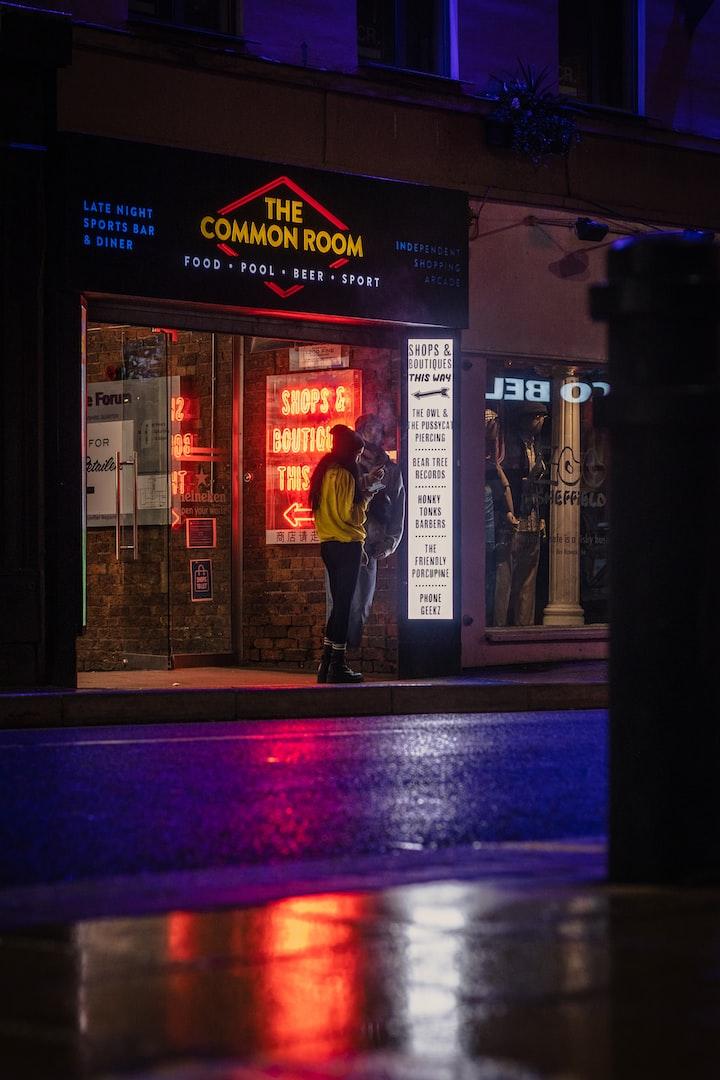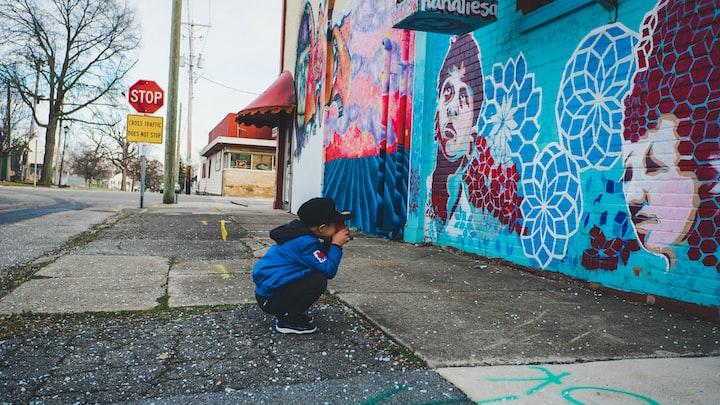What Are the Most Common Inflammatory Diseases?
There are many inflammatory diseases, but some of the most common include arthritis, inflammatory bowel disease, and asthma. Arthritis is a condition that causes pain and inflammation in the joints. Inflammatory bowel disease is a group of conditions that affect the digestive system, and cause inflammation in the intestines. Asthma is a chronic lung condition that causes inflamed airways, which can lead to difficulty breathing.
Read More »What Are the Most Common Inflammatory Diseases?




